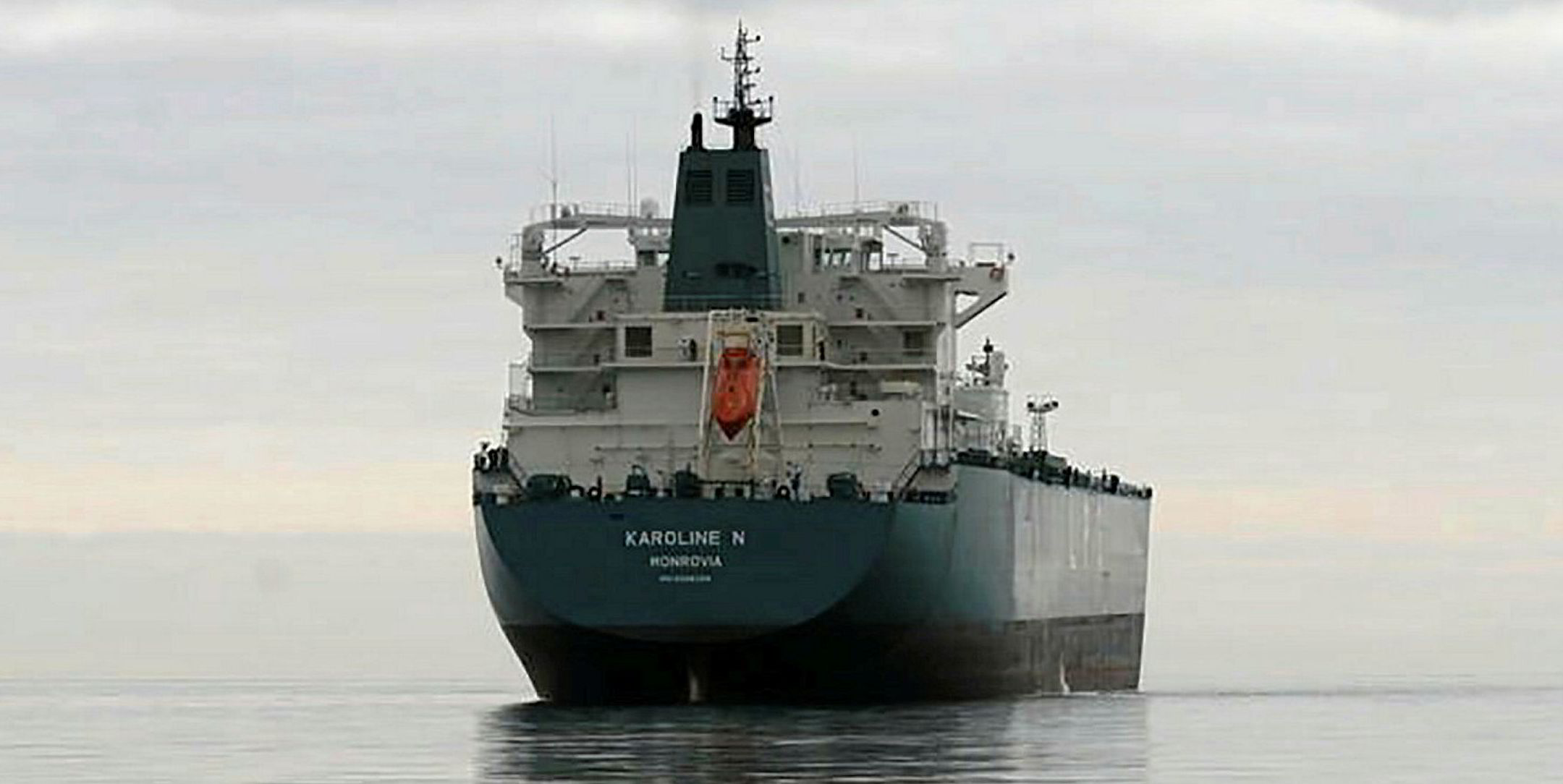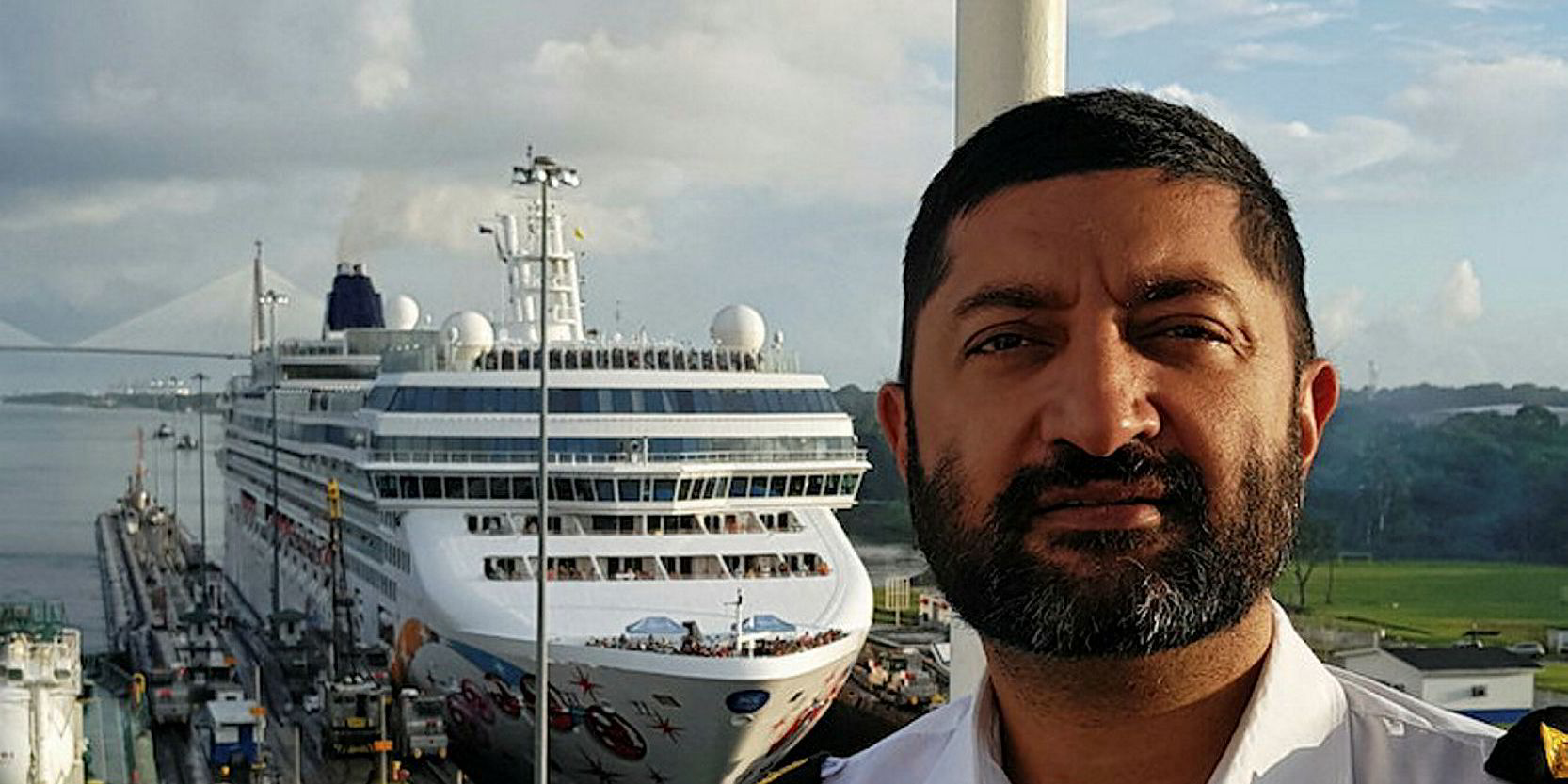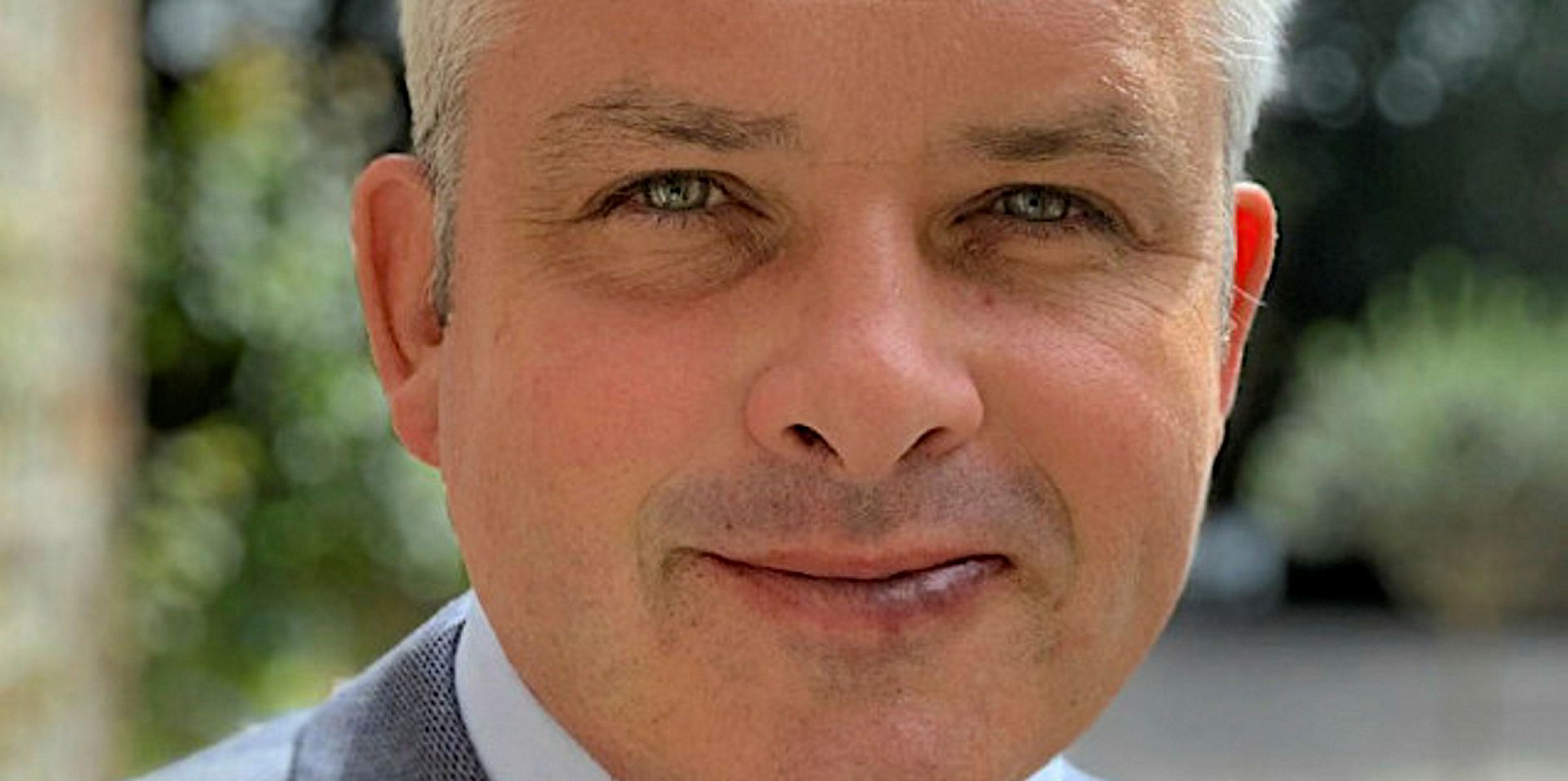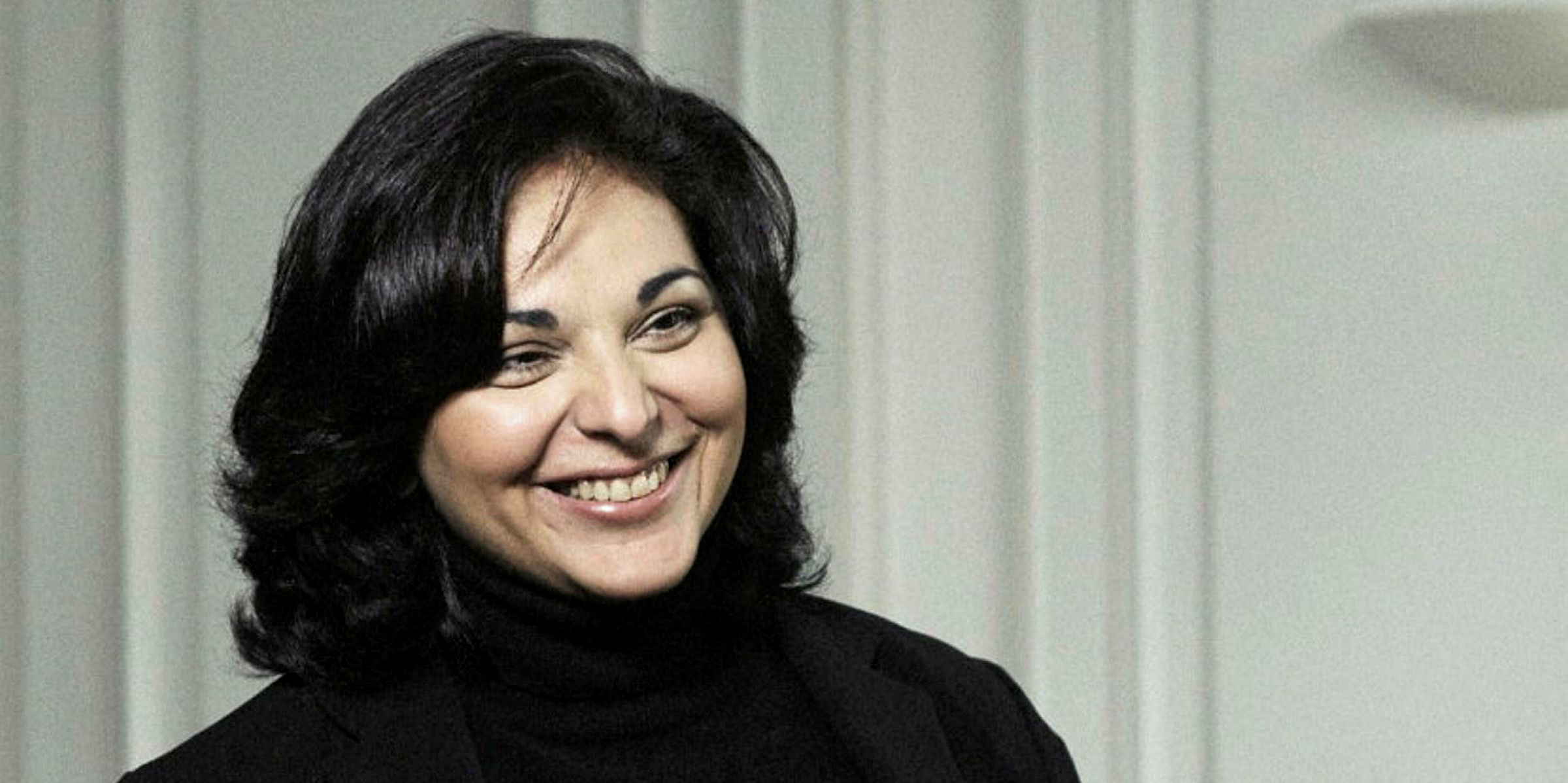As the coronavirus pandemic strengthens its grip on shipping, much of the focus has been on the plight of seafarers stuck on board ships because of travel restrictions.
But the UK charitable non-profit organisation Human Rights at Sea is now highlighting the problem of social exclusion among crew who manage to be repatriated.
TradeWinds e-paper gives you access to the weekly print edition in digital form. You'll also find an archive of previous editions, and copies of TW+, from the leading international shipping news provider.
You can access our e-paper by clicking this link
It has passed TradeWinds a letter written by VLGC captain Ritesh Mehra, in which he details the “nightmare” he faced on returning to India, where even his own family ostracised him due to fears he had Covid-19.
Mehra’s last contract was on Anglo-Eastern’s 75,000-cbm Karoline N (built 2009).
He usually serves four-month contracts, but had clocked up more than six-and-a-half months on board by the time he was supposed to sign off in Marcus Hook, Pennsylvania, on 20 February.
However, he was not allowed off the vessel and had to stay on until it discharged in Turkey.
The Karoline N arrived in Dortyol on 9 March and a replacement master boarded. But Mehra was still not allowed to leave because Turkish authorities had halted all crew changeovers.
After a lot of wrangling, he received permission to sign off at the next port of call, Aliaga, on 16 March.

All international flights were halted from Turkey on 18 March. Mehra believes he made it out on the last commercial flight to India.
“On the flight, I kept a gas mask on though it gave me a headache, and I avoided having even water in case there was any virus on [the] plane,” he wrote. “[My point was that] I should not take it back with me.”
But he added: “Little did I know that the excitement of going home finally after six-and-a-half months would turn into a nightmare after I landed.”
Reality hits
Mehra had asked his family not to meet him due to social-distancing measures. But the reality of the restrictions only kicked in on his journey to his house.
“As I was in [the] cab, my wife was talking to me about the coronavirus scare and she said I have to keep [my] distance from her for some days, as it’s better to be cautious.
“This took me by surprise. My own wife was assured in her mind that I was [now] a coronavirus carrier, and she could not risk me hugging her.”
He said this made him feel like an outcast.
His children had been sent to his mother’s house for two weeks, but he persuaded them to return after two days.
He was then approached by residents in his block of flats in Dwarka, New Delhi, who asked him to go into quarantine for 14 days. “I asked them to issue me a notice but they cannot as this is illegal.”
His family fears they will be ostracised once he leaves home again.
“In order to not create a fuss, I have locked myself down in my apartment — after filling up provisions for a month — and though my flat is on fifth floor, I use stairs whenever I have to go down for anything,” Mehra wrote.
No other friends or family have even called him on the phone.
“After years of enjoying [the] respect and love of family and friends, today I am locked in my house without any signs of illness from last week, looking at all [of the people] roaming around free in [the] neighbourhood, while my uncle [is] scared that if I stand too close to the balcony ... I might get stoned [by angry residents],” he added.
Silent contribution
To promote human rights as set out in the Universal Declaration of Human Rights, for seafarers, fishermen and others involved in working at sea by all, or any, of the following means:
Increasing global awareness of the explicit requirement for protection of, respect for and provision of effective remedies for human rights abuses at sea through international advocacy, case studies and the provision of teaching materials.
Contributing to the international development of effective, enforceable and accountable remedies.
Investigating and monitoring abuses of human rights at sea.
Developing the 2011 United Nations Guiding Principles on Business and Human Rights in the maritime environment.
Commenting on and supporting proposed national and international human rights legislation, policies and best practices, where applicable.
“I have always believed that in every situation there is a positive. This situation has given me a platform to prepare my kids for the future, and for myself, I have now enough reasons to love my job a bit more and keep sailing as long as I can.”
Mehra concluded: “We help out masses [of people] at times without realising what we have done, and our silent contribution is not valued that much in society.”
Human Rights at Sea acknowledged the unprecedented conditions created by Covid-19, but added that the emerging human rights and welfare issues for seafarers need to be consistently highlighted to put stakeholders on notice of the wider and often unexpected consequences following a seafarer’s sign-off.
It urged that information be provided to crews about symptoms, containment strategies and how to self-isolate.
And it said seafarers should have access to counselling about the consequences of returning home, to manage expectations relating to their own, and their loved ones’ responses, including understanding their family’s fears.





